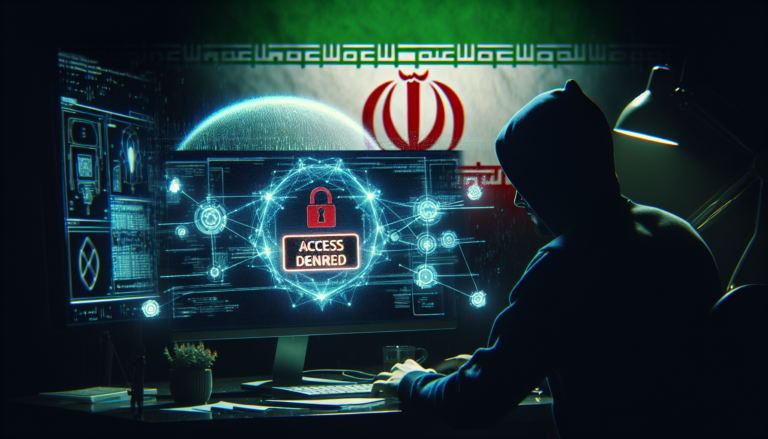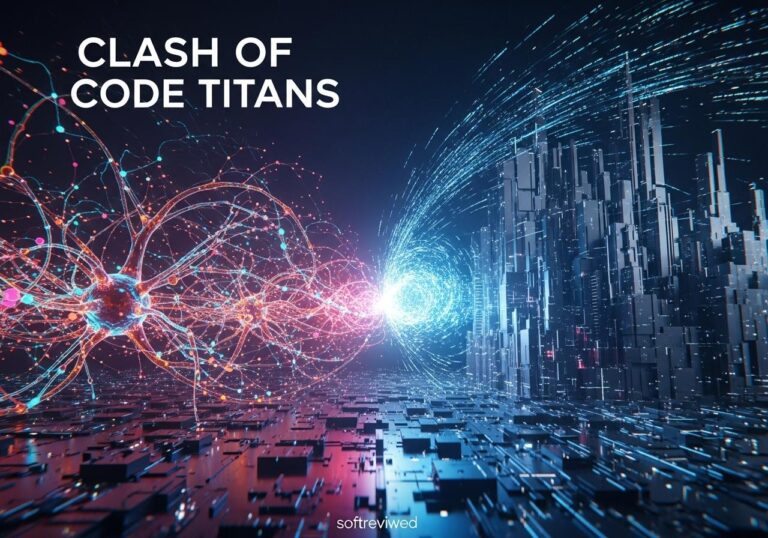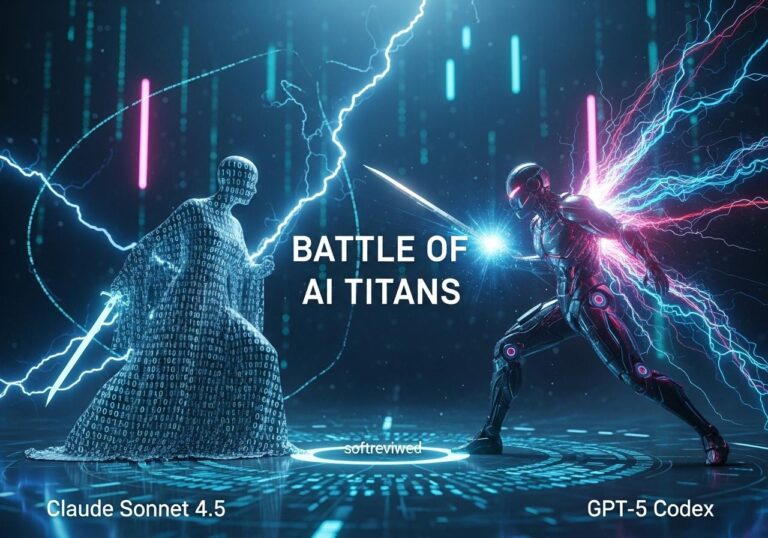🚨 AI and Election Interference: Key Takeaways
Recent developments highlight the growing role of AI in political manipulation and the challenges it poses to democratic processes.
🛑 Iranian Election Interference Attempt Thwarted
OpenAI detected and banned multiple ChatGPT accounts linked to an Iranian influence operation targeting US elections.
🔍 AI’s Growing Role in Politics
The use of advanced language models like ChatGPT for political manipulation represents a significant escalation in the sophistication of cyber influence campaigns.
🗳️ Potential Impacts on Democracy
AI models could generate vast amounts of convincing fake content, tailor manipulative messages to individual voters, and undermine faith in democratic processes.
🏢 Private AI Companies’ Power in Safeguarding Democracy
OpenAI’s swift action raises questions about the power wielded by private AI companies in safeguarding democratic processes.
🌍 Global Implications
The incident signals the need for international cooperation, regulatory challenges, and a potential technological arms race in AI-driven political warfare.
🔮 Preparing for an AI-Influenced Political Landscape
Key areas to watch include AI literacy, technological safeguards, and policy frameworks to counter AI-driven manipulation.
AI Interference: OpenAI Thwarts Iranian Election Manipulation Using ChatGPT
The AI Arms Race Enters the Political Arena: What You Need to Know
In a startling revelation that reads like a techno-thriller, OpenAI has uncovered and halted an Iranian attempt to manipulate US elections using their flagship AI model, ChatGPT. This unprecedented event marks a new frontier in the intersection of artificial intelligence and geopolitics, raising urgent questions about the future of democratic processes in the age of AI.
From Chatbots to Ballot Boxes: How AI is Becoming a Political Weapon
The news broke when OpenAI announced that they had detected and banned multiple ChatGPT accounts linked to an Iranian influence operation targeting US elections. This bold move by the AI research company has sent shockwaves through the tech and political spheres, highlighting the growing role of AI in shaping public opinion and potentially altering election outcomes.
Key Points
- OpenAI identified and banned Iranian-linked ChatGPT accounts
- The accounts were part of an operation aimed at influencing US elections
- This incident marks a significant escalation in the use of AI for political manipulation
The Cyber Battlefield: AI's New Frontline in Election Integrity
As we dive deeper into this developing story, it's crucial to understand the implications of this attempted interference. The use of advanced language models like ChatGPT for political manipulation represents a quantum leap in the sophistication of cyber influence campaigns.
Potential Impacts
- Misinformation at Scale: AI models could generate vast amounts of convincing fake content
- Personalized Propaganda: AI-driven targeting could tailor manipulative messages to individual voters
- Erosion of Trust: The mere possibility of AI interference could undermine faith in democratic processes
OpenAI's Defensive Play: A Double-Edged Sword?
While OpenAI's swift action in identifying and neutralizing this threat is commendable, it also raises questions about the power wielded by private AI companies in safeguarding democratic processes.
Pros and Cons of AI Company Intervention
Pros:
- Rapid response to threats
- Technological expertise
- Proactive security measures
Cons:
- Potential for overreach
- Lack of democratic oversight
- Concentration of power in private hands
The Global Ripple Effect: Beyond US Elections
This incident is not just about US elections or Iranian interference. It's a wake-up call for democracies worldwide, signaling the need for a new approach to election security in the AI era.
Global Implications
- International Cooperation: The need for cross-border collaboration on AI security
- Regulatory Challenges: How can governments effectively oversee AI in politics?
- Technological Arms Race: Will we see an escalation in AI-driven political warfare?
What's Next? Preparing for an AI-Influenced Political Landscape
As we grapple with this new reality, it's clear that the intersection of AI and politics will only grow more complex. Here are some key areas to watch:
- AI Literacy: Educating voters about AI-generated content and influence
- Technological Safeguards: Developing AI systems to detect and counter AI-driven manipulation
- Policy Frameworks: Creating international guidelines for AI use in political contexts
How Can the Launch of the ChatGPT Desktop App Help Prevent Election Manipulation?
The chatgpt desktop application launched provides an innovative tool for monitoring online discourse during elections. By analyzing social media and news patterns, it can identify misinformation and targeted manipulation attempts in real time. This proactive approach helps ensure that voters have access to accurate information, fostering a fair electoral process.
Conclusion

OpenAI's recent action against Iranian-linked ChatGPT accounts has highlighted the emerging threat of AI-driven election interference. This incident raises critical questions about the role of AI in our democratic processes and underscores the urgent need for robust security measures and international collaboration. As we navigate this new frontier, it is essential to develop AI literacy among voters, establish technological safeguards, and create comprehensive policy frameworks to protect the integrity of our elections.
Are democracies around the globe prepared to face the challenges posed by AI in the political arena?







